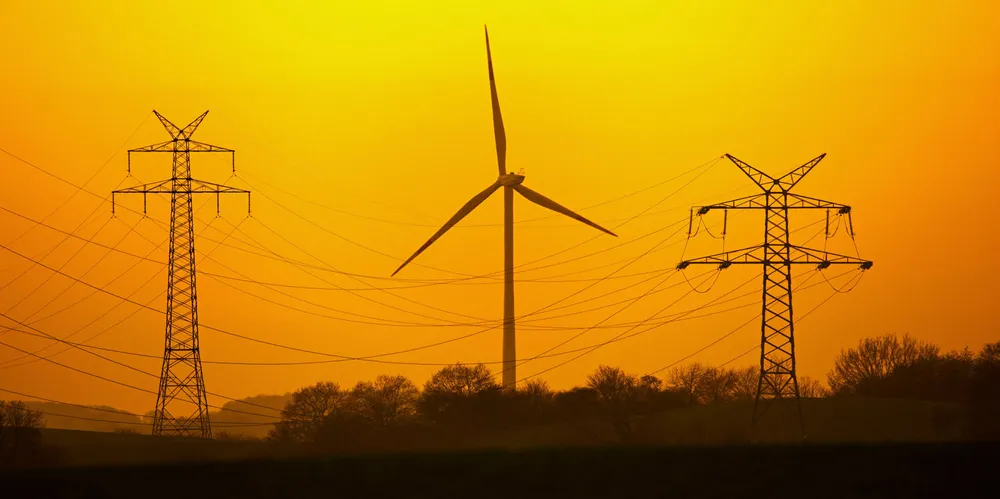'Politically attractive' | Germany plans to buy majority stake in grids giant TenneT: reports
Share in German unit of Dutch-owned transmission system operator could help speed energy transition in Europe's largest economy

TenneT is owned by the Dutch state, and is in charge of building several gigawatts of North Sea offshore wind transmission links.
The company together with other TSOs is also building north-south high-voltage direct current (HVDC) links that are vital to transport surplus wind power from Germany’s seas and windy coastal regions to its power-thirsty industrial and population centres – but the construction of those so-called ‘transmission super highways’ has been very slow, delaying the energy transition.
The economics and climate ministry wasn’t immediately available for comment.
Germany in recent years has temporarily nationalised several companies, among them Commerzbank in the wake of the financial crisis and Lufthansa during Covid-19, and currently is buying energy utility and major gas trader Uniper from Finland’s Fortum, which had been near bankruptcy after Russian energy curtailments.
Uniper yesterday (Wednesday) said it has started arbitration proceedings against the export unit of Russian gas monopoly Gazprom before an international arbitral tribunal, in an attempt to claw back some of the at least €11.6bn ($12.1bn) in replacement costs it had so far due to the need to buy expensive liquefied natural gas (LNG) instead of cheaper piped Russian gas.
(Copyright)